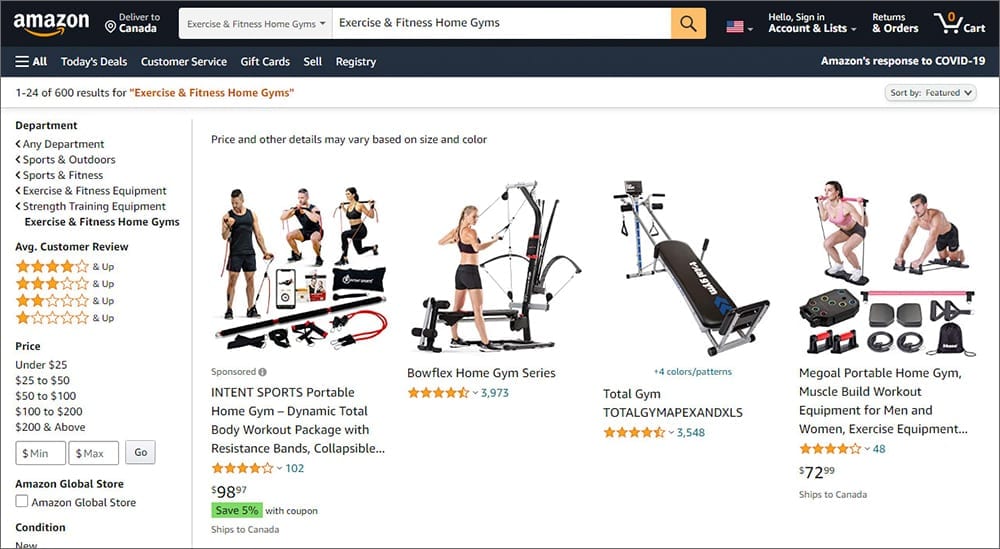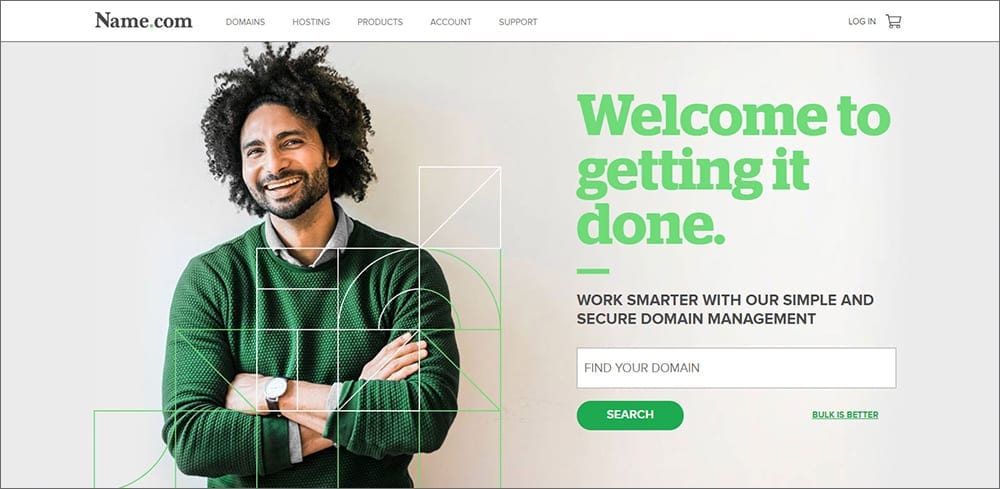The growth story of ecommerce continues to unravel new chapters each year. Online shopping’s share in global retail sales has gone from 10.4 percent in 2017 to 16.1 percent in 2020. By 2023, the growth of online businesses is projected to touch 22 percent. That’s an increase of 112 percent in just six years.
Whether you’re a business owner or plan to start one in the future, ecommerce presents an opportunity you can’t afford to ignore, especially now, when starting an online store is easier than ever.
Steps to starting an online business
Find a profitable niche

Before you start your ecommerce business, you need to find the right niche – a market segment that’s yet to be fully tapped into by industry bigwigs has a high, unfulfilled demand among the consumers. Home gym and office equipment, entertainment, and gardening are some of the top ecommerce niches of the day.
Your search for the right ecommerce niche should be based on these factors:
Your interests and expertise
When starting a business, consider markets you understand and are excited about. Think about whether one or more of your passions and hobbies can be turned into a marketable business. If you’re faced with multiple options, compare the costs, the competition, and the demand for each of your options to discover the best niche.
Your online store business plan should take into account your education, skills, and business knowledge. For instance, if you’re a bike enthusiast with basic maintenance and repair knowledge, you’d be better off venturing into a bike rental business than other niches that you have no skills at.
Market research and trends
Research the market you wish to target, focusing on the products or services that consumers are searching for. Online market research tools such as Google Keyword Planner and Google
Trends are a great help in identifying the most coveted niches and picking the right one for your new business.
The gaps and unmet consumer needs
A clever way of finding untapped niches is looking for gaps within product categories that you’re interested in. If, for instance, you’re interested in selling clothing items, go through the clothing range of popular ecommerce stores, looking for items they aren’t selling. Searching for high-demand products that customers are unable to find on top online stores can give you plenty of profitable niche ideas.
Choose the right business model for you
Your business plan for online store should incorporate a business model that best suits available capital, your capabilities, and future plans. Your choices are – drop shipping and physically stocking the products. With drop shipping, you don’t need any capital or storage space. You also don’t need to take care of activities like packing and shipping. With a drop shipping model, you create product listings on your website, purchase the ordered product from a third party that directly ships the order to the customer.
If you have access to adequate capital and storage space and feel you’ll be able to handle the order fulfillment responsibilities, holding your own products is the better option. With drop shipping, issues such as product returns, exchanges, and shipping delays will require you to sort out the issue with the manufacturer or third party who may be located in another city or country. Resolving such matters can be time-consuming and adversely affect customer opinion.
Choose a Business and domain name

Finding a suitable name for your business and picking a domain name or website address are important for creating brand recognition, establishing relevance and credibility. Ideal business and domain names should be:
Unique and catchy, but original
Be original. Copying popular brands’ business and domain names only hurts your own business’ image. If you can think of a unique, catchy name with some deeper meaning, you can elaborate on it in your website’s About Us or Our Story section to intrigue the visitors and create memorable business lore.
Easy to pronounce and spell
While it may seem like a good idea to go with more refined and complex business and domain names, particularly if you’re targeting a specific demographic, it’s best to ensure the names are easy to pronounce and spell out even for the wider majority that may or may not be interested in your product.
Remember, you may want to branch out in the future and need to target the people you presently consider non-customers.
Related to your niche
Your business and domain names should be short, but they need to be related to your niche, so people who’re unfamiliar with your business can get an idea of your products or services when they see or hear your brand or domain name.
Find the right ecommerce platform
It’s crucial that you identify the right ecommerce platform to create a website for your business. There are plenty of free and economical online store website builders – software that enables you to create your own ecommerce store even if you don’t possess any coding knowledge, technical skills, or multiple computers. Whether you choose a free website builder or a paid one, make sure it meets the following criteria:
- It should be with your budget range.
- It should be easy to use and customize so you can carry out activities like updating your products without external assistance.
- It should give you data ownership and allow for easy portability.
- It should have a professional look, with a wide choice in terms of professional templates and third-party marketing tools.
- It should provide you with good security and round-the-clock customer support.
The following are the top rated business website builders of 2021:
- BigCommerce
- Squarespace
- Wix
- Shopify
- Weebly
Optimize your ecommerce store

After you create a website for your new business, you’ll need to optimize it so it can attract enough traffic via Google and other popular search engines. You can use easy Search Engine Optimization (SEO) strategies like incorporating high-ranking keywords in your website content to optimize your online store.
Use keyword research tools to identify top keywords for your niche based on your business’ niche and location. Only target keywords that reflect the searches you wish to rank for. If you have a unique, less popular niche, think of the search queries that a customer would use to search for your products online.
Advertise
Social media channels such as YouTube, Facebook, and Instagram offer both paid and free advertising opportunities for new businesses. If you don’t want to spend much money on paid advertisement, focus on creating attractive social media pages/channels for your business and make sure that you manage these properly.
Proper management involves regularly adding new posts, features about new products, replying to user queries, and resolving any website, social media, or order-related issues the users may be facing.
Now that you know how to start an ecommerce business from scratch, by yourself, don’t waste any more time contemplating. Join the ecommerce revolution and start your journey towards a successful, self-sustaining business.





